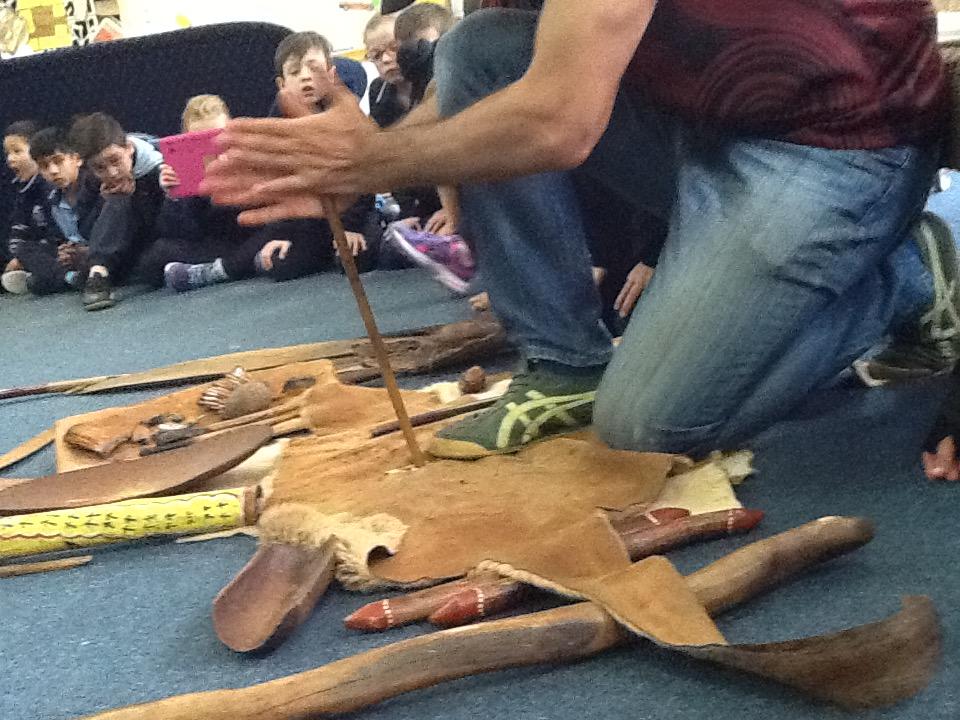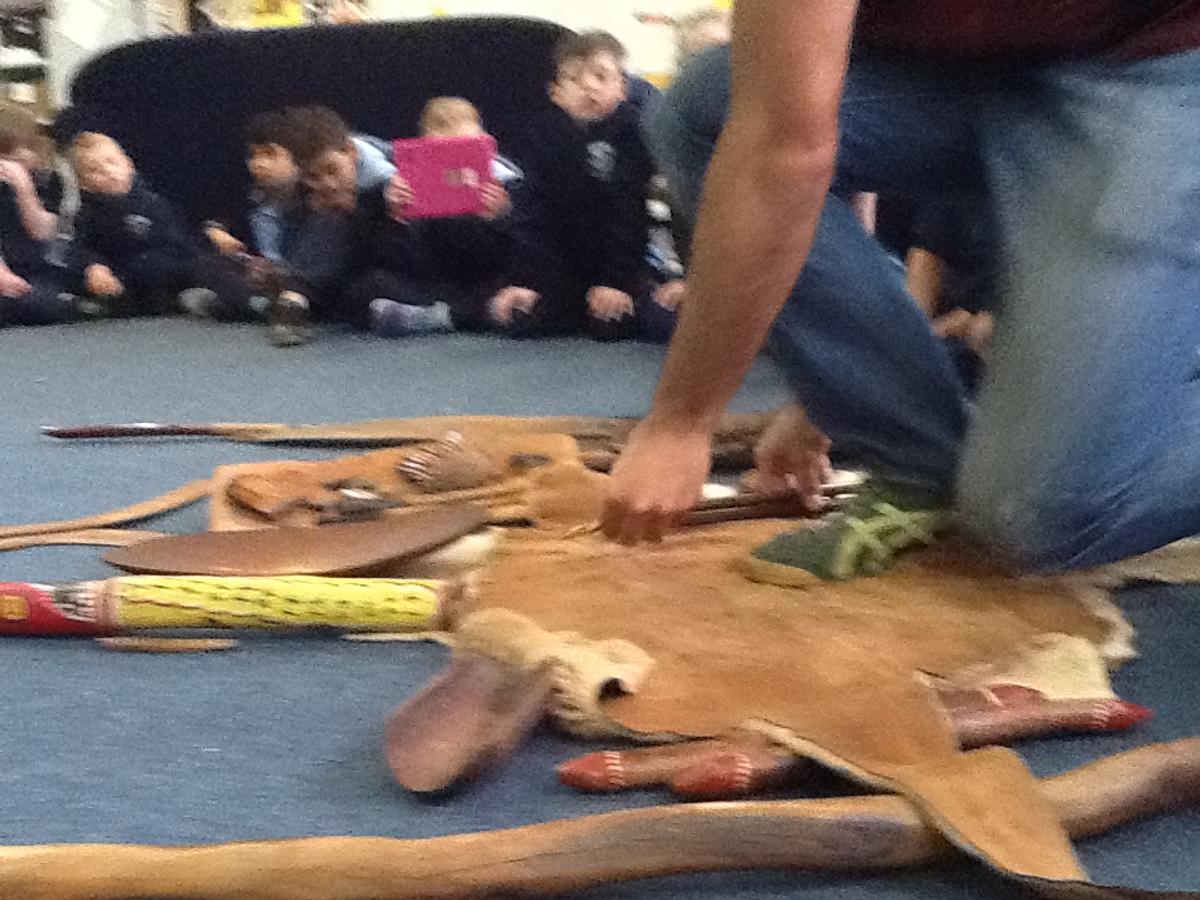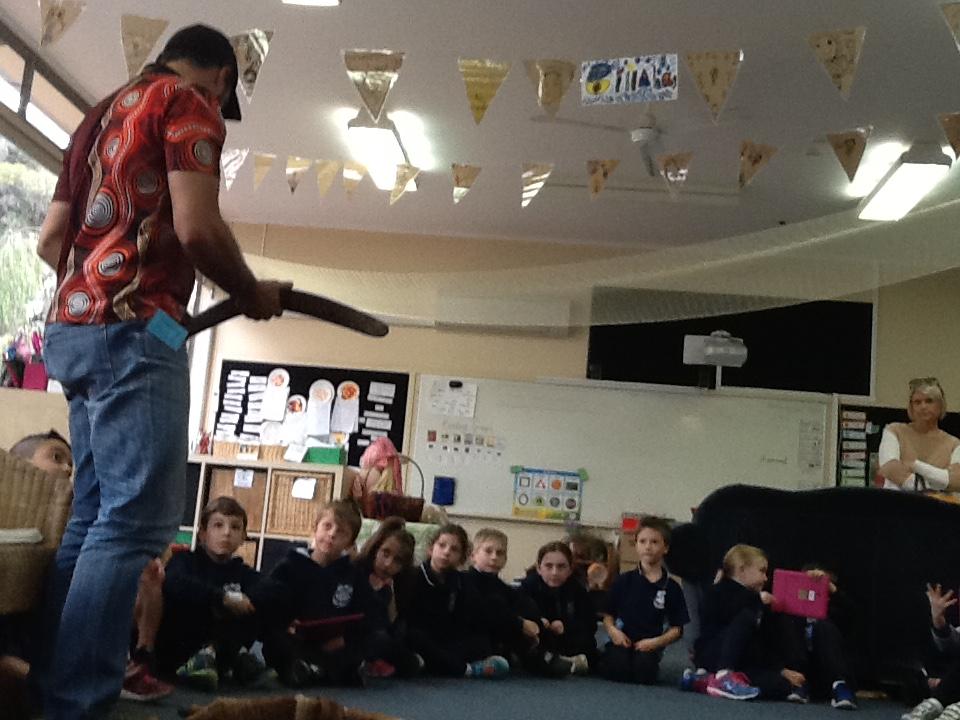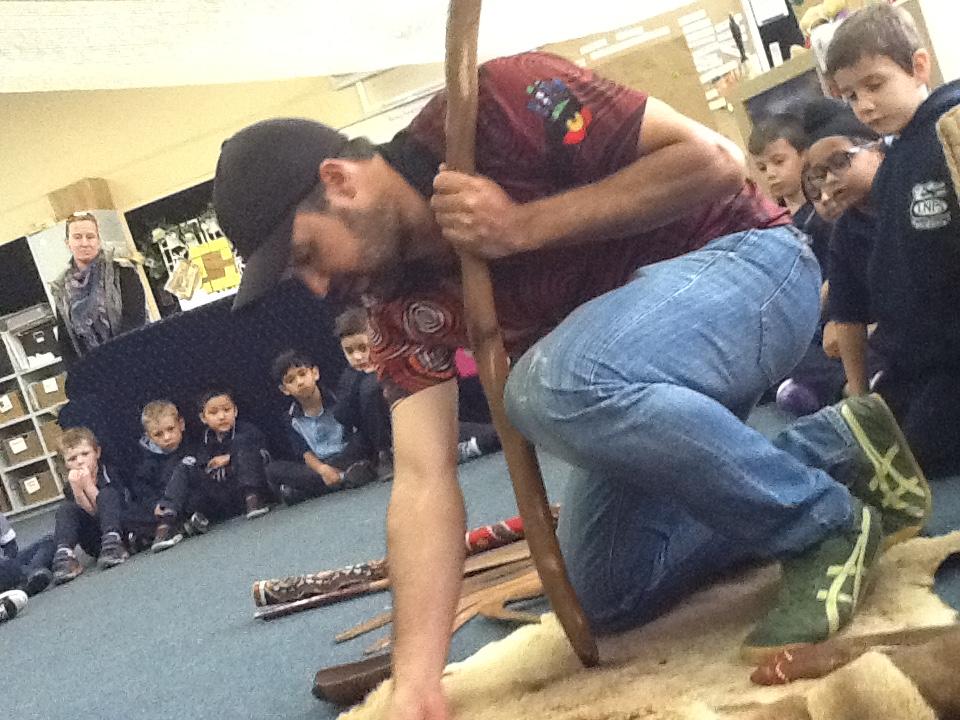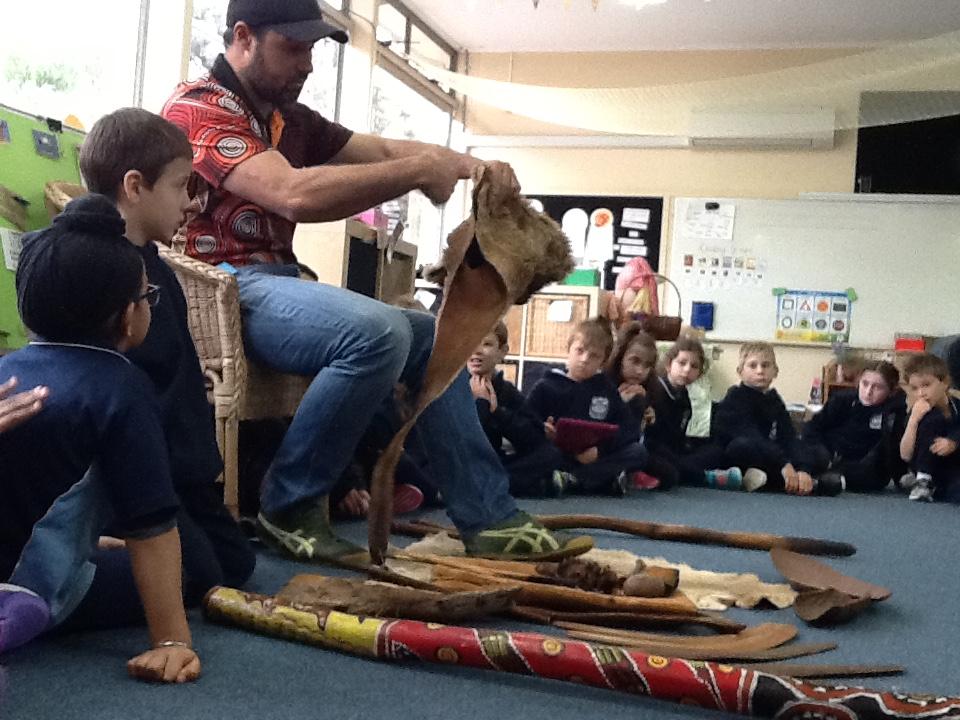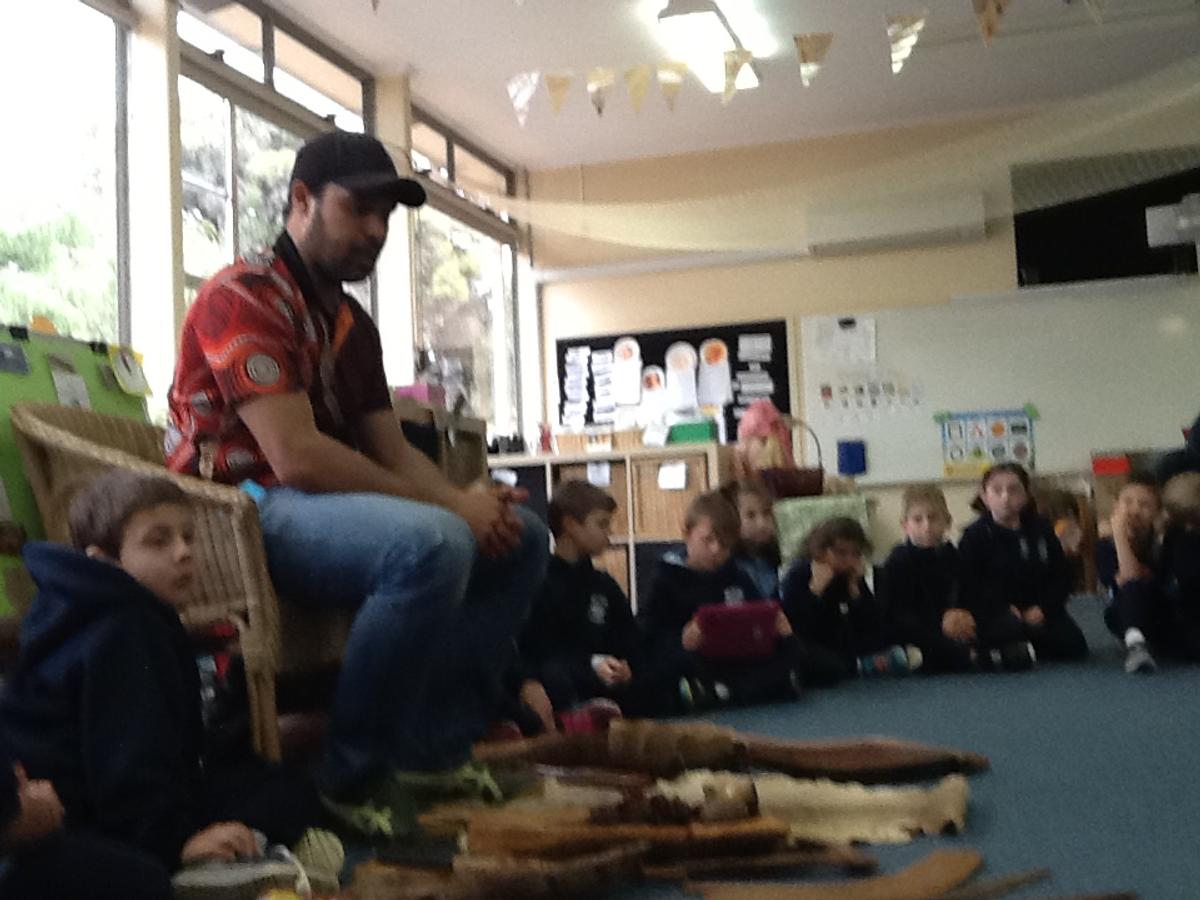I am curious

I am curious
In Greek and German language lessons students will interact with peers through action-related talk and play. They will play simple games to exchange greetings, farewells and express thanks and other manners. Students will participate in routine exchanges such as opening and closing lessons, naming the day of the week and responding to the class roll. They will also participate in guided activities such as songs, rhymes and games to reinforce vocabulary using simple repetitive language. Students will review the calendar and the weekdays and identify key words and information from different written and spoken texts.
In German lessons, students will build on vocabulary and language structures introduced with Die kleine Raupe Nimmersatt (The Very Hungry Caterpillar) in Term 2. Our friends, Felix and Franzi (puppets) will continue to be a part of some of our lessons. A range of learning experiences will allow students to gain confidence using the language. Students will understand that all nouns in German begin with a capital letter and recognise the different words for ‘the’ der/die/das introducing the concept of gender for nouns. Repetition and question and answer dialogue is a significant way for conversational language to develop.This term the topic of Kleidung to give a context to new language structures and vocabulary. Students will be able to identify clothing items by name and begin to create their own simple texts using adjectives to describe.
In Greek lessons students will engage with a variety of spoken, written and visual texts such as traditional children's songs, stories and interactive resources. They will use familiar vocabulary and simple sentences to create a class book based on the story «Η Πολύ Πεινασμένη Κάμπια»
Students will revise and build phonic awareness by pronouncing and writing alphabet letters and familiar sounds and will build to more unfamiliar sounds e.g. Γγ, Ππ, Δδ, Θθ, Ξξ, Ψψ, Χχ. Students will identify how letters of the Greek alphabet are represented in words and read vowel-consonant combinations (τα, τε, τη, τι, το, τυ, τω). When speaking, they will reproduce distinctive sounds and letters of the Greek language (γ-γάτα, ρ-νερό, μπ-μπαμπάς, ξ-ξέρω, ψ-ψάρι, ου-μου).
Furthermore, students will recognise that all nouns have an article and gender ο, η, το. They will identify specific words, such as names of people (Ο Γιάννης), places (το σχολείο) or objects (η γόμα), in simple spoken and written texts and respond to imaginative experiences through singing and performing. The months of the year will be introduced and students will develop number knowledge for numbers up to 50. They will also begin to use conjunctions such as και.
Students will be encouraged to use the Greek language as much as possible for classroom routines, social interactions and structured learning tasks. English will be used for discussion, explanation and reflection.
Finally, students will continue to experience the importance of music and dance in Greek culture, as an expression of identity and emotion. This will occur on the first Thursday of the month in the Activity Room at lunch time. The dates for this semester are: 3rd August, 7th September, 19th October, 2nd November
and the 7th December.
Please ask about your child’s German and Greek lessons. Encourage your child(ren) to tell you about what they have been learning in their language lessons.
Libby Edwards (German teacher) and Voula Pagonis (Greek teacher)
Elizabeth.Edwards559@schools.sa.edu.au
Voula.Pagonis555@schools.sa.edu.au
Students are inquiring into how people are connected to their place and other places. We started with a visit from Trent Hill, an indigenous storyteller, educator and guide, who inspired the students with a general introduction to Aboriginal culture. The chance to hold traditional artefacts and learn about seasonal movements and the Aboriginal people's special connection to the land has caused "wonderings" which will help students to pose questions about places and explain why places are important to people.
The students will locate information, record data, recognise why significant features of places should be preserved and suggest ways to care for places. They will identify changes to the features of the places in which they live and choose significant elements to display on the shipping container in our yard.
